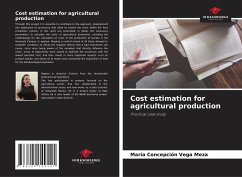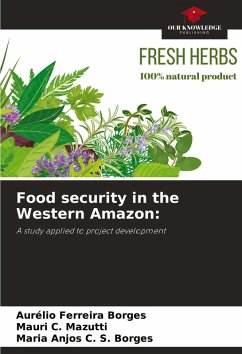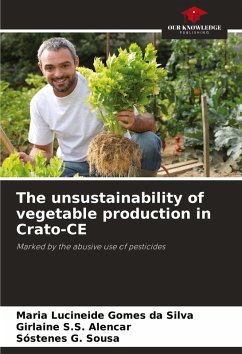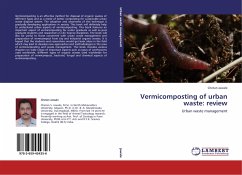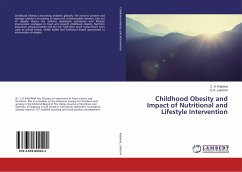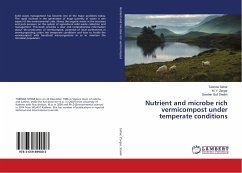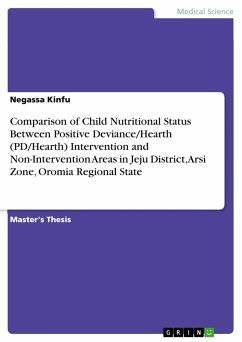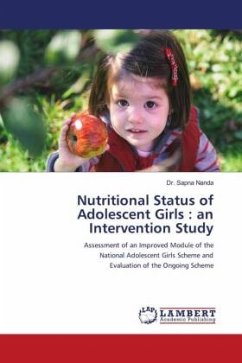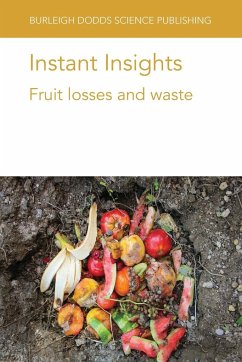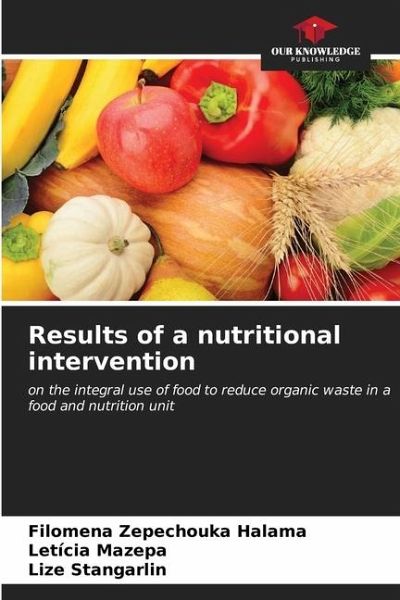
Results of a nutritional intervention
on the integral use of food to reduce organic waste in a food and nutrition unit
Versandkostenfrei!
Versandfertig in 6-10 Tagen
27,99 €
inkl. MwSt.

PAYBACK Punkte
14 °P sammeln!
Approximately 229,000 tons of waste are produced every day in Brazil, especially organic waste from food and nutrition units (FNU), due to lack of knowledge and habits of using food in its entirety. The aim of this study was to assess the impact of a nutritional intervention on the integral use of food on the reduction of organic waste in a hospital FNU. This study was carried out in a hospital in the municipality of Araucária, PR, and was divided into three stages. In the first stage, the organic waste was weighed, the quantity of fruit and vegetables purchased was checked, the cost of the p...
Approximately 229,000 tons of waste are produced every day in Brazil, especially organic waste from food and nutrition units (FNU), due to lack of knowledge and habits of using food in its entirety. The aim of this study was to assess the impact of a nutritional intervention on the integral use of food on the reduction of organic waste in a hospital FNU. This study was carried out in a hospital in the municipality of Araucária, PR, and was divided into three stages. In the first stage, the organic waste was weighed, the quantity of fruit and vegetables purchased was checked, the cost of the purchase was verified and the knowledge of the handlers was assessed. In the second stage, training was given to food handlers on how to make full use of food. In the third stage, the weight of the organic waste, the knowledge of the handlers, the cost and the quantity of fruit and vegetables purchased were evaluated.




